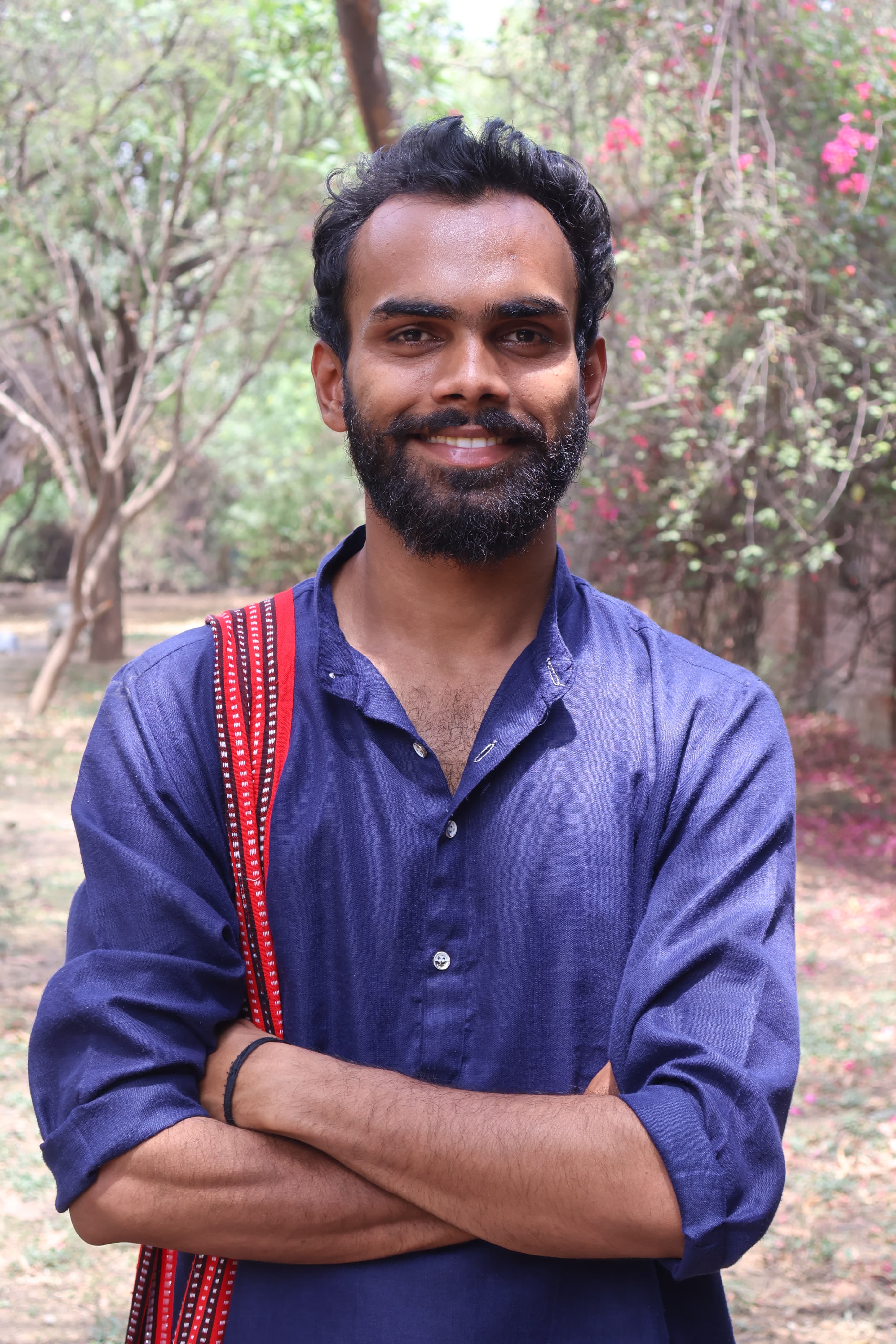
New Delhi |Naresh Kumar, a determined voice from Rajasthan’s tribal belt, is contesting for the post of Joint Secretary in the JNUSU elections 2024-25, scheduled for April 25. A PhD scholar at JNU’s Centre for the Study of Social Systems (CSSS) and a committed AISA activist for the last seven years, Naresh stands as a representative of India’s most marginalized—Dalits, Adivasis, and oppressed communities—bringing their struggles to the heart of campus politics.
Hailing from Morthla village in Mount Abu, Naresh’s journey from a government school in a region where access to education is still a distant dream, to Delhi University’s Shivaji College, and now JNU, is a testimony to his unwavering resolve and grassroots connection. His father, a primary school teacher, and mother, a homemaker, raised him amidst daily battles against caste and class hierarchies.
At Delhi University, Naresh became a fierce political voice in the face of RSS-ABVP dominance, organizing the ‘Reopen DU’ movement, leading protests against the CAA-NRC, and spearheading the Metro Pass Movement. His activism, rooted in Ambedkarite ideology and shaped by grassroots organizing, challenges the saffronization of campuses and reclaims student spaces for dialogue, dissent, and democracy.
In JNU, Naresh has been at the forefront of key student movements—most notably the Occupy DOS protest and the Barak Hostel reopening hunger strike. His role in redefining student politics includes raising the issues of safai karamcharis and ensuring campus activism represents every worker and student alike.
But Naresh’s political consciousness goes far beyond the walls of the university. As a young organizer in Rajasthan, he mobilized mass protests after Dalit atrocities, including the brutal rape and murder of Delta Meghwal and the killing of Jitendra Meghwal. He has led Manusmriti Dahan programs to symbolically reject caste hierarchy and Brahmanical patriarchy.
In an era when universities across India are witnessing forced silence, shrinking budgets, crumbling infrastructure, and rising authoritarianism, Naresh’s candidacy symbolizes defiance, dignity, and democratic vision. His politics is a radical blend of Ambedkarite assertion and Left resistance, seeking not power, but transformation—from hostels to libraries, from classrooms to communities.
Naresh Kumar’s campaign is a call to reclaim JNU as a space for all. A space where students don’t just study but struggle, speak, and stand—for justice, for equality, and for a better tomorrow.